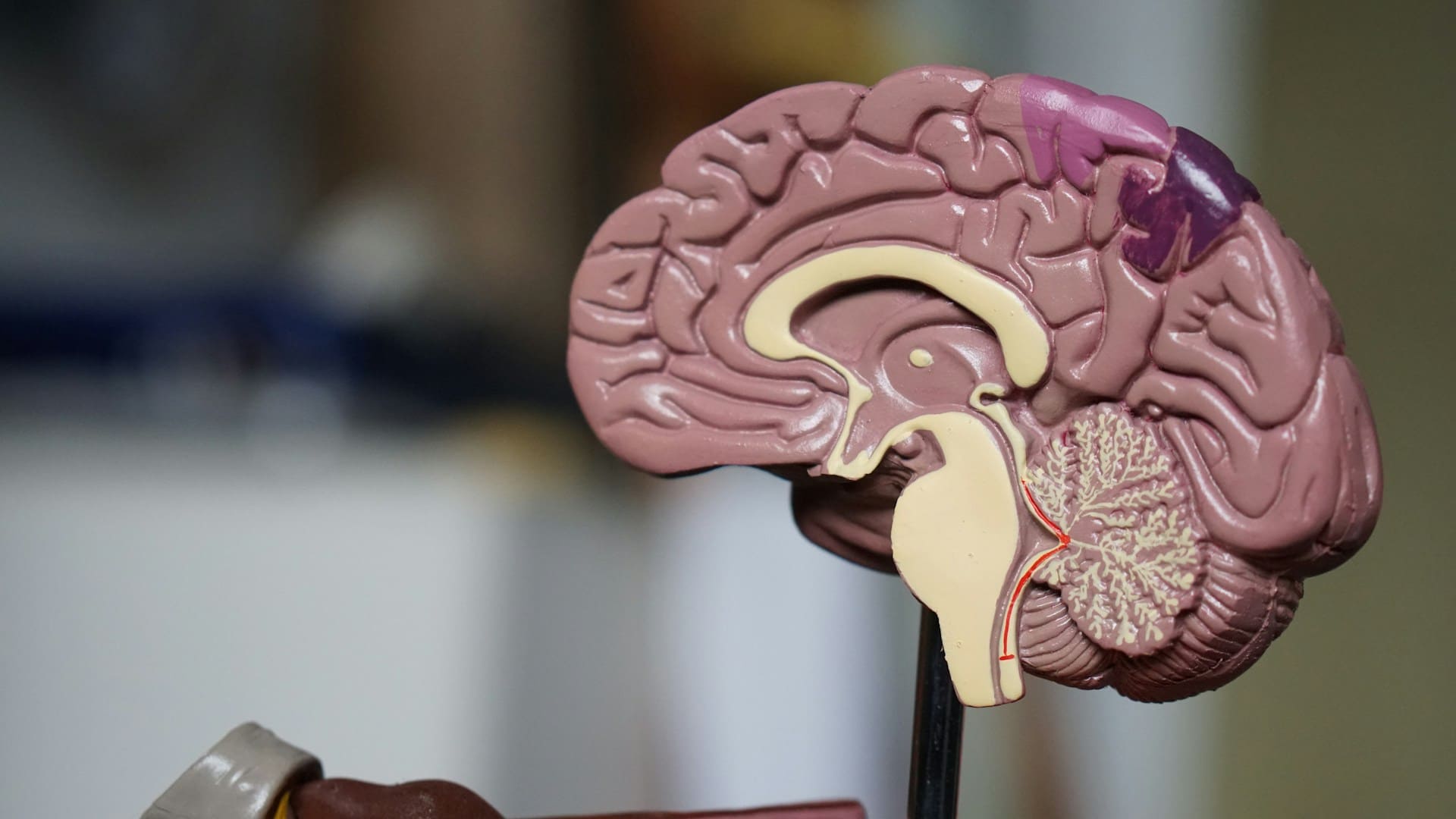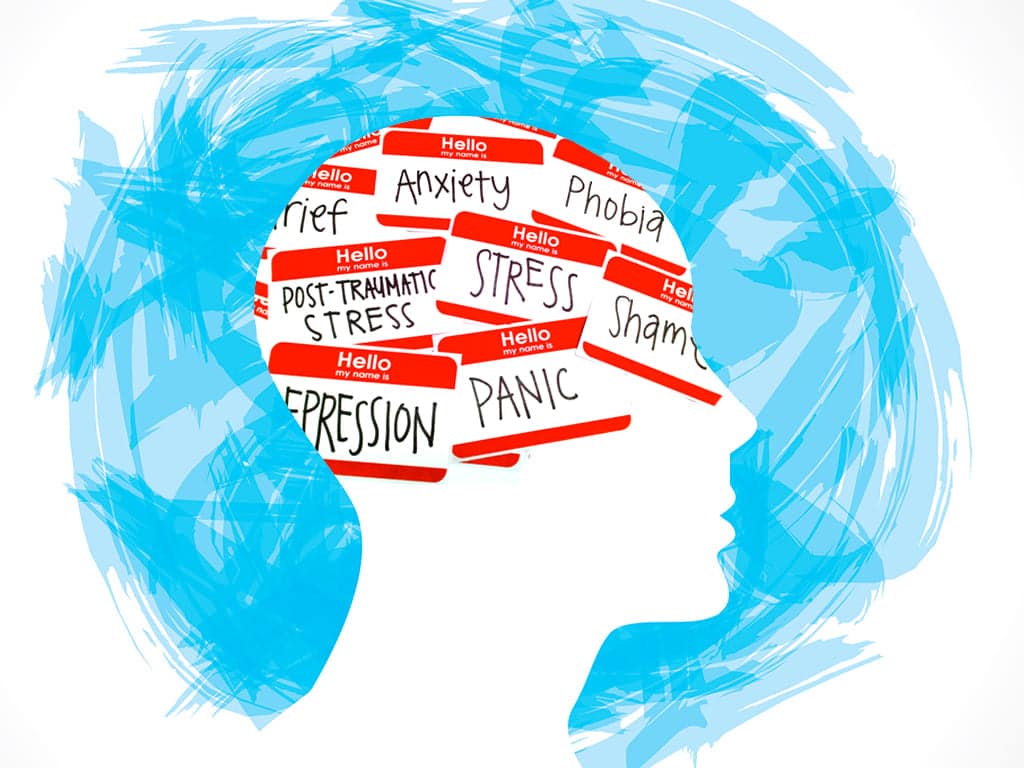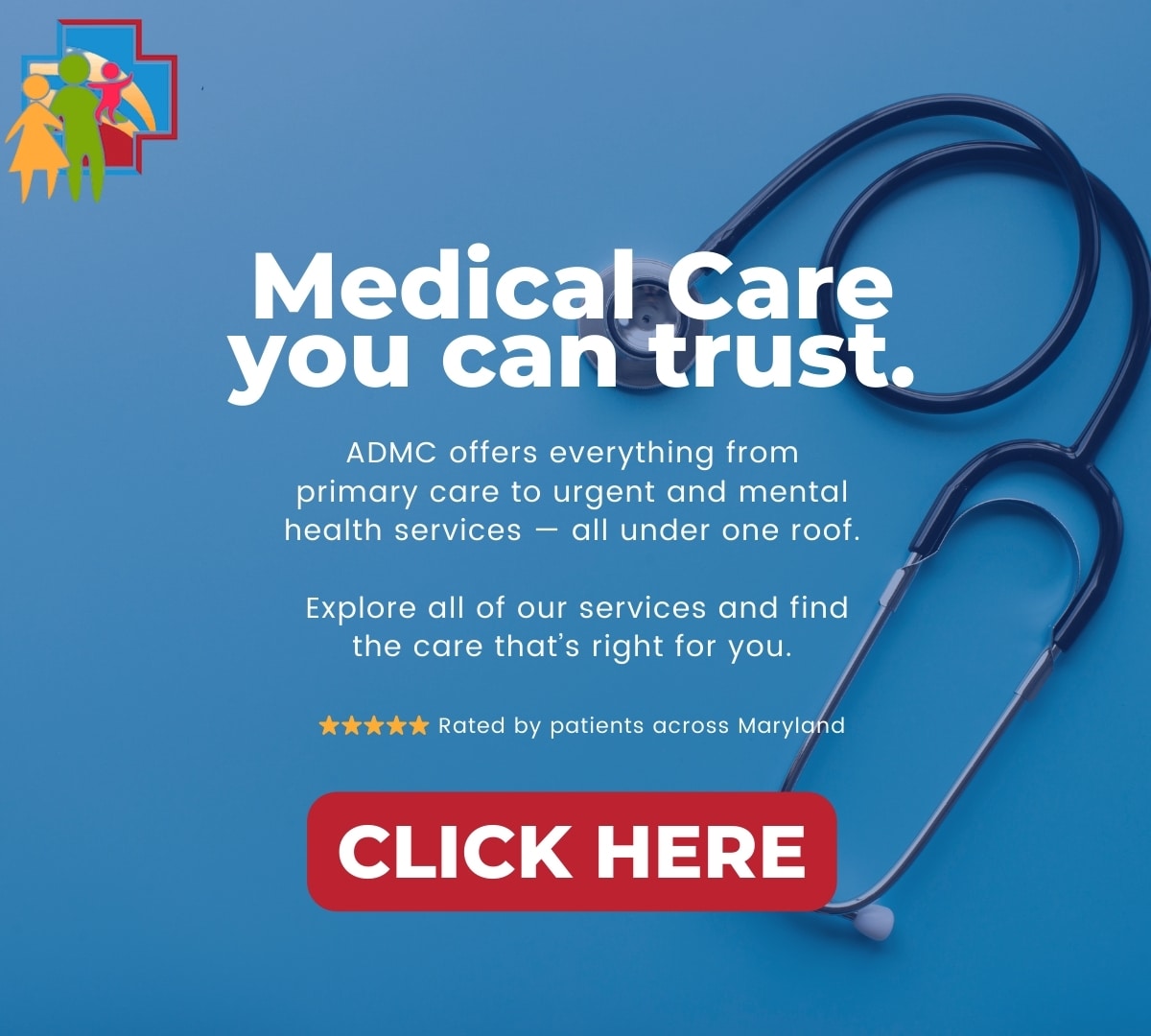How Stress Can Increase Your Risk for Heart Disease

Do you know that stress has a great impact on human health, and in most cases, in a negative way? At the same time, stress management can help keep your heart healthy. In a study, specialists at Massachusetts General Hospital, Boston, USA, found that people with a high degree of activity in the areas of the brain responsible for processing stressful situations show signs of inflammation in the arteries. Therefore, the risk of cardiovascular disease increases, including pathologies that can be fatal.
When anxious, our bodies release specific hormones, particularly cortisol, which is aimed at mobilizing the body’s forces to overcome negative influences. For a person, this is manifested by increased heart rate and blood pressure, and the more severe and prolonged the stress, the more consequences for the cardiovascular system we can expect in the future.
The longer we stay in a state of anxiety and nervousness, the greater the chance of irreparable damage to the heart and blood vessels. Cardiovascular disease is the most common cause of death worldwide. The relationship between stress and heart disease is well-documented, with chronic stress significantly increasing the risk of developing cardiovascular problems.
The stress reaction is a factor that can be a determining factor in the onset, development and prognosis of coronary heart disease, heart failure and rhythm disorders. Protecting yourself completely from strain is impossible, but you should do everything possible to reduce the consequences. Effective coronary artery disease self-care includes maintaining a healthy lifestyle.
What is Chronic Stress?
Many people have experienced acute (or short-term) stress, a physiological and psychological reaction to a specific event that quickly passes. However, chronic stress is a constant feeling of pressure and depression over a long period. It can result, for example, from a toxic atmosphere at work, having to care for a sick loved one, or being unable to pay bills.
Chronic stress is a persistent state of physiological arousal that occurs when the body is exposed to stressors over a prolonged period. Unlike acute stress, which is a short-term response to an immediate threat or challenge, chronic stress can last for weeks, months, or even years. It results from ongoing pressures or perceived threats that continually activate the body’s stress response system.
How does stress affect your cardiovascular system? Chronic stress is a prolonged activation of the body’s adaptive reactions under the influence of unfavorable factors. It leads to the development of neurotic disorders and somatic diseases. On the physiological level, it is expressed by rapid fatigue, insomnia or increased sleepiness, changes in appetite, digestive disorders, headaches. The list of psychological disorders includes mood swings, irritability, depression, tearfulness, decreased active attention and memory. You should not ignore the EKG test, as it is very useful for checking hearth health.
Can Managing Stress Reduce or Prevent Heart Disease?
Managing anxiety effectively can significantly reduce or prevent heart disease. Chronic stress has been linked to an increased risk of cardiovascular issues, including heart attacks and strokes. Over time, these physiological responses can damage the cardiovascular system. Knowing how to avoid hypertension is very important for heart health.
One way stress contributes to heart disease is through its impact on behavior. People who are under the influence of chronic stress may use different coping methods, and most often they can hardly be called healthy and helpful (overeating, smoking and drinking alcohol most frequently). Furthermore, stress can lead to poor sleep and reduced physical activity, both of which negatively affect heart health. If you have family heart problems, don’t forget to visit a doctor regularly.
Research supports the connection between stress management and heart health. Studies have shown that mindfulness-based stress reduction (MBSR), yoga, and cognitive-behavioral therapy (CBT) can lower stress levels and, consequently, improve cardiovascular health. For instance, a study published in the Journal of the American Heart Association found that MBSR significantly reduced blood pressure in patients with high blood pressure, suggesting a potential protective effect against heart disease. Understanding blood pressure is very important for every person. The American Heart Association recommends some lifestyle changes as part of a comprehensive approach to reduce the risk of heart disease.
In conclusion, stress management tips are crucial in preventing and reducing heart disease. By adopting stress-reducing techniques and making healthy lifestyle choices, individuals can significantly lower their risk of developing cardiovascular issues.
How Stress Affects Your Heart – 5 Tips to Help
The effects of chronic stress can be prevented, the anxiety that has already occurred can be reduced, and you can help your body to adapt more quickly – to overcome harmful external influences without negative health consequences. How can you improve your stress tolerance? We recommend 5 ways to do it.
Exercise Regularly
How to relax your heart muscle? Exercise has a relaxing effect. It is associated with a reduction in the action of adrenaline and the release of chemicals that act as anti-stressors. In particular, endorphins (pleasure hormones) and serotonin (happiness hormone) improve mood, so you feel relaxed – physically and mentally. If you exercise regularly for a few weeks, your nervous system’s resistance to chronic stress will improve.
Practice Mindfulness
Practicing mindfulness can significantly reduce stress by promoting relaxation and awareness. Techniques like meditation, deep breathing, and mindful walking help calm the mind, reduce anxiety, and improve overall well-being. Incorporating mindfulness into your daily routine will lead to better overall health. Effective high blood pressure stress management can significantly reduce the risk of heart disease and improve overall health.
Maintain a Healthy Diet
You can stimulate the release of anti-stress hormones by eating a healthy diet. Cut out junk and fatty foods in favor of a healthy and balanced diet. During a stressful situation, large amounts of calcium keep the entire body energized. It is also intensified because the cells lack magnesium. To cope with chronic stress, we need to get magnesium back into the cells, then not only calcium but also potassium will be rebalanced.
Get Enough Sleep
Getting enough sleep is crucial for managing stress effectively. Adequate rest helps regulate mood, improve cognitive function, and reduce anxiety. Aim for 7-9 hours of quality sleep each night to ensure your body and mind are well-rested. Establishing a consistent sleep schedule and creating a relaxing bedtime routine can further enhance sleep quality and stress management.
Connect with Others
Connecting with others is a powerful tool for managing stress. Social interactions provide emotional support, a sense of belonging, and opportunities to share and resolve stressors. Whether it’s talking to family, friends, or participating in community activities, maintaining strong social ties can help alleviate feelings of stress and isolation. Building and nurturing these connections can lead to improved mental well-being and resilience against life’s challenges.
Conclusion
Can stress cause high blood pressure? Stress has a significant impact on the cardiovascular system. Systematic exposure to stress can lead to the development of chronic heart disease, so it is important to know how to diagnose, prevent and treat it. Annual physical exams in Gaithersburg are essential for maintaining overall health, catching potential issues early, and ensuring personalized medical care from local healthcare providers.
Proper nutrition, regular physical activity, ability to cope with stress and timely seeking professional help will help to maintain heart health and quality of life. These simple steps can significantly reduce stress and improve your overall well-being. Start today for a healthier heart and a happier life. Contact our providers who are excited to help you cope with life’s challenges and minimize the impact of stress on your heart and body.



















































